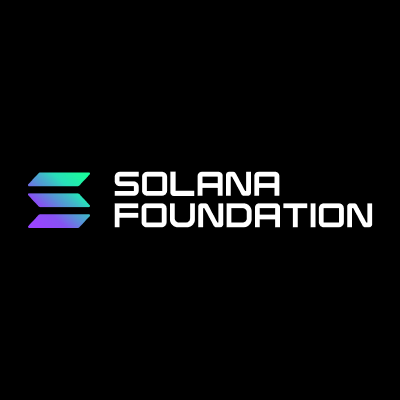AI & web3 on Solana | feat. @aeyakovenko & Solana ecosystem teams
The Spaces focused on the intersection of AI and crypto, specifically discussing AI development on the Solana blockchain. Presenters included representatives from Solana Foundation, Grass, Synthesis1, Render, ioNet, Jensen, ezkl, and Nasana. The conversation touched on various stages of AI product development, including data collection, processing, training, and validation, highlighting challenges such as data poisoning and GPU shortages. Different teams shared their approach to solving these challenges using decentralized systems. Verification and authentication of AI models were emphasized, with discussions on the future of AI integration, cost, speed, decentralization, and the role of blockchain in facilitating microtransactions and ensuring model integrity.
Twitter Spaces Summary
Introduction
The session began with introductions from the host, participants, and an overview of the discussion topics. The focus was on exploring the intersection of AI and crypto, particularly around products being developed at various layers of the tech stack, including data aggregation, model training, and GPU power utilization.
AI and Crypto Intersection
Participant Introductions
Participants included individuals from Solana Foundation, Render, Jensen, Synthesis 1, and ezkl among others, who are involved in the development of AI and crypto projects.
Key Topics Covered:
- Data and AI: Importance of data in AI development, with discussion led by Sinesis 1 and Grass. Grass focuses on data provisioning using distributed nodes for data collection, emphasizing tackling data poisoning issues. Sinesis 1 highlighted the need for improved payment systems for data processing workers, particularly in developing countries, using blockchain for faster, lower-cost transactions.
- Compute Requirements: Render, Ionet, and Jensen discussed decentralized GPU services versus centralized services like AWS. Key points included scalability, cost, and availability of GPU resources, with Render highlighting its historic and ongoing expansion in GPU provisioning.
- Verification and Authentication: A focus on ensuring model integrity and data trustworthiness. The ezkl team discussed zero-knowledge proofs as a method for validating AI model computations and decisions. Jensen emphasized verification particularly in training as a critical area for development.
Blockchain Utility and Requirements
Significant Blockchain Features
The discussion extended to what makes a blockchain suitable for AI and crypto projects, identifying speed, cost, decentralization, and robust cryptographic support as critical factors. Teams like Sinesis 1, Grass, and Ionet underscored the importance of these factors for their operations.
Future Trends and Questions
Questions from the Audience
The session concluded with audience participation through questions about the integration of custom AI chips and the potential transition of rendering compute to purpose-designed hardware solutions.
Closing Remarks
The discussion ended with encouragement to follow the participating teams for future updates in the rapidly evolving nexus of AI and crypto, suggesting significant future developments.
